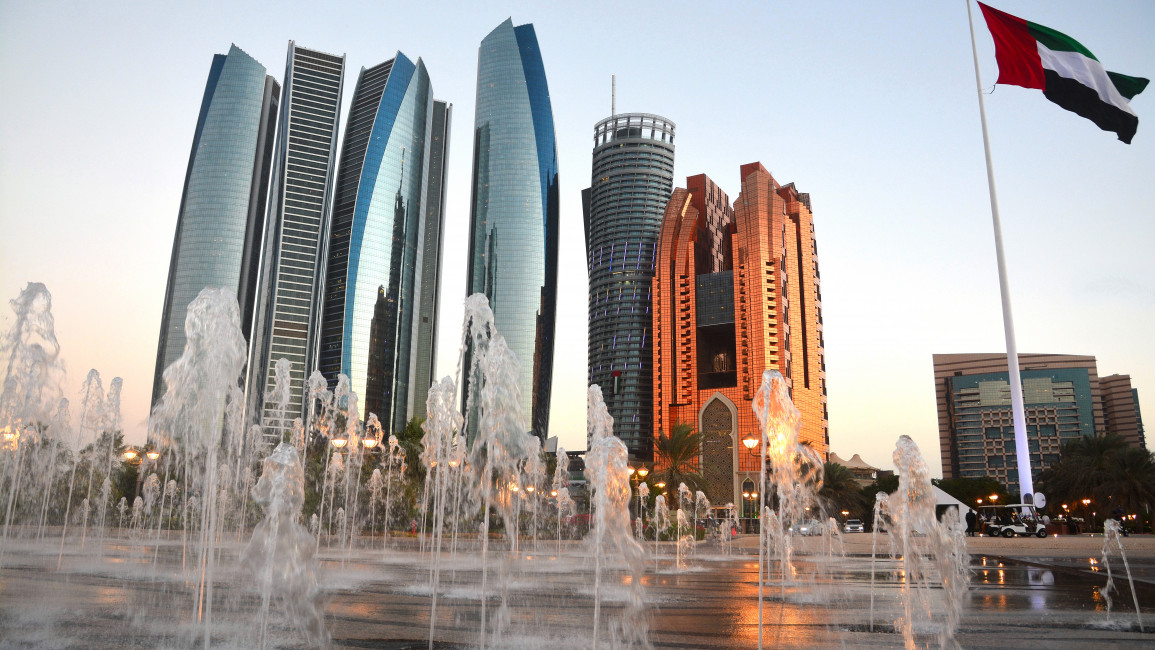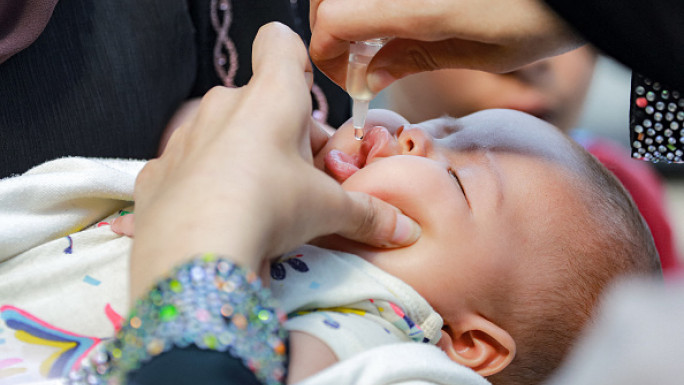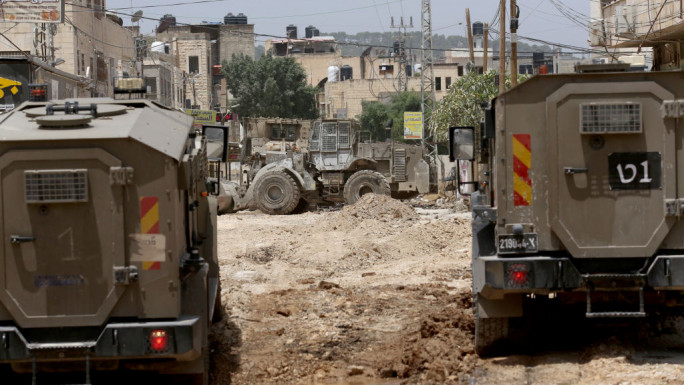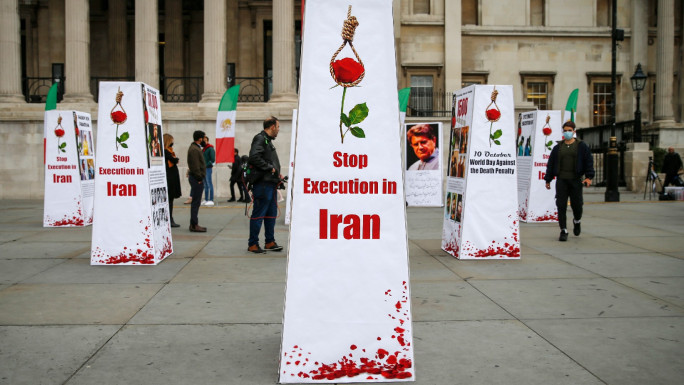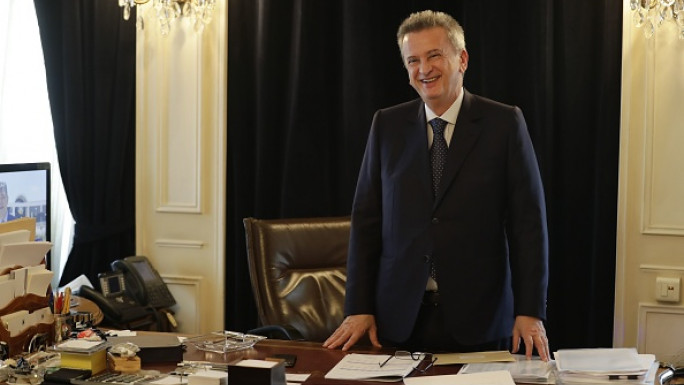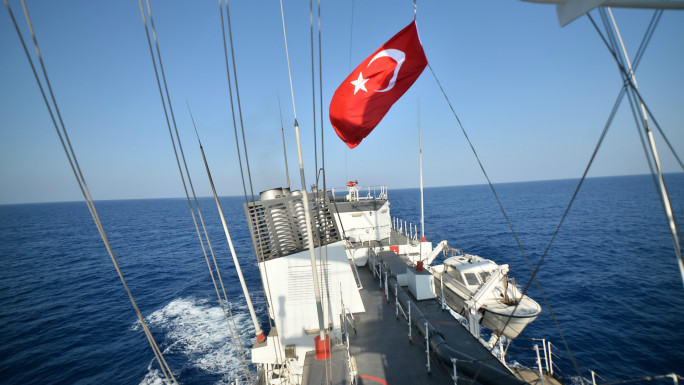UAE sentences 43 to life for 'terror' links in mass trial
A UAE court on Wednesday handed life sentences to 43 Emiratis for "terror-related offences" in a mass trial described as a "sham" by human rights groups and experts, including UN experts and Amnesty International.
Government critics and human rights activists were among the 84 defendants brought before the Abu Dhabi Federal Court of Appeal, most of whom have been in jail since a similar trial of 94 people in 2013, according to rights groups.
Many of the defendants of the "UAE84" trial, as it is internationally known, had already spent 11 years in prison following a similar trial over a decade ago, known as UAE94.
The Abu Dhabi court "sentenced 43 defendants to life imprisonment for the crime of creating, establishing, and managing a terrorist organisation" linked to the outlawed Muslim Brotherhood, the official WAM news agency said.
Some of the defendants include academics Nasser bin Ghaith, Abdulsalam al-Marzouqi and Sultan bin Kayed al-Qasimi.
Devin Kenney, Amnesty International’s UAE Researcher, urged the country to revoke the "unlawful verdict and immediately release the defendants".
"Trying 84 Emiratis at once, including 26 prisoners of conscience and well-known human rights defenders is a scarcely disguised exercise in punishing dissenters that has been further marred by a myriad of fair trial violations, the most serious of which is uninvestigated allegations of torture and other ill-treatment," Kenney said in a statement.
Amnesty, as well as Human Rights Watch (HRW), said that the trial had targeted human rights activists and government critics for calling for democratic reforms in the Gulf country. UN experts have also expressed concerns over the rule of law in the UAE following the mass sentencing.
HRW criticised the international community’s "silence", saying such lack of action led to the life sentences handed to some of the UAE’s most prominent voices.
The trial has been characterised by several violations, according to rights groups. HRW said that UAE authorities had restricted access to information and case material, shrouded the hearings in secrecy and violated the principle of double jeopardy, an rule that prohibits trying people twice for the same offence and after they have already received a final verdict.
The leading rights group also said that the defendants had spoken of the torture, physical and sexual abuse and abhorrent conditions they were subject to while awaiting trial. They have also been deprived of contact with their families, who in turn have been barred from entering the court room to observe trail sessions.
It is also calling for the UAE to "immediately overturn" the convictions and urged the defendants' release.
The dissidents' conviction comes as the UAE increasingly projects a progressive image of itself on the world stage, amid its allyship with several Western countries and a being a tourism and expat hubs for many of the world's rich and famous.
Amnesty stressed that the case should be "the final nail in the coffin" of the country's attempts to "disguise its horrendous human rights abuses behind a progressive facade".
